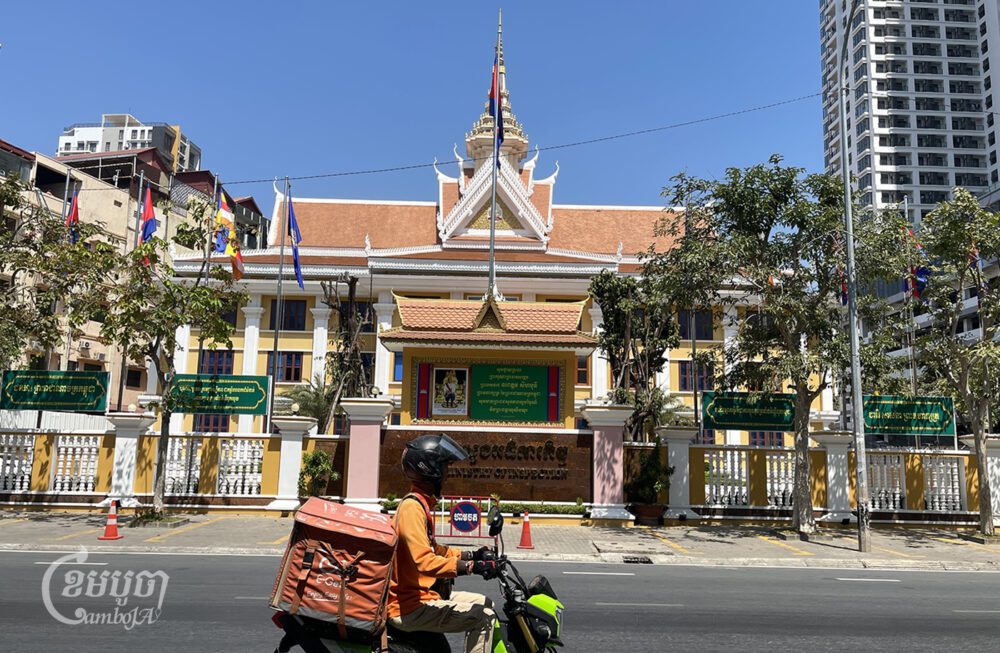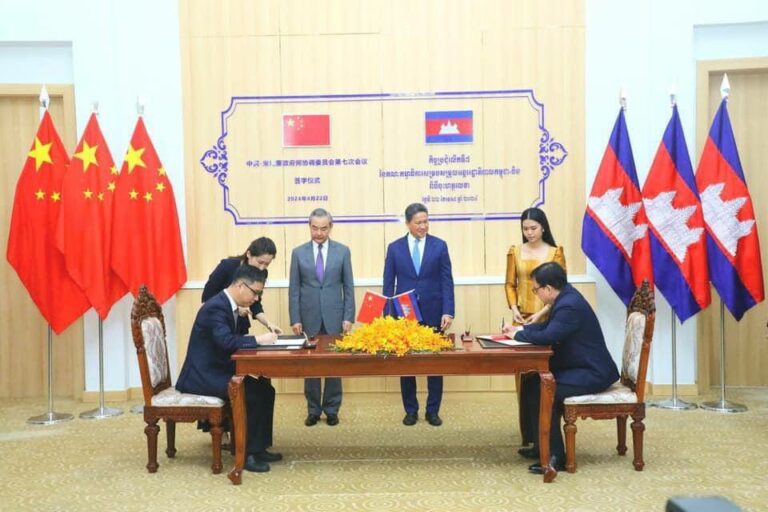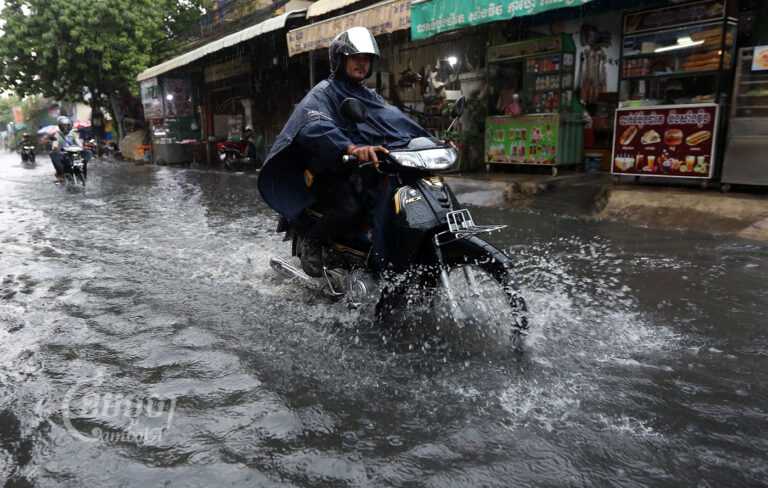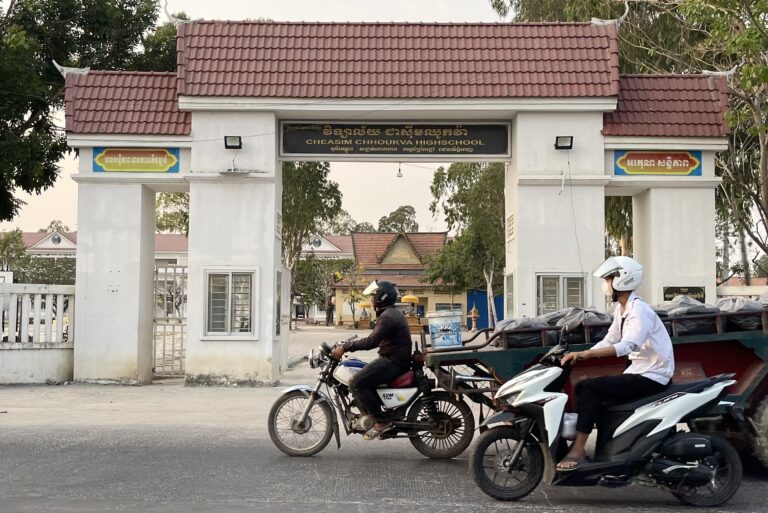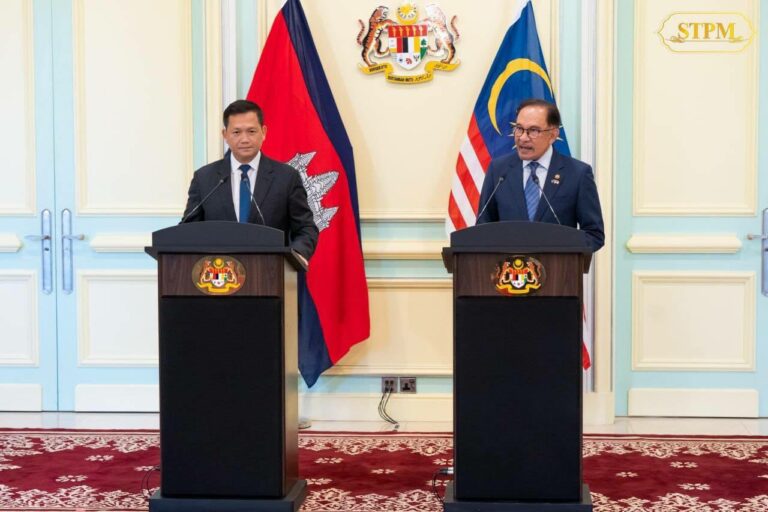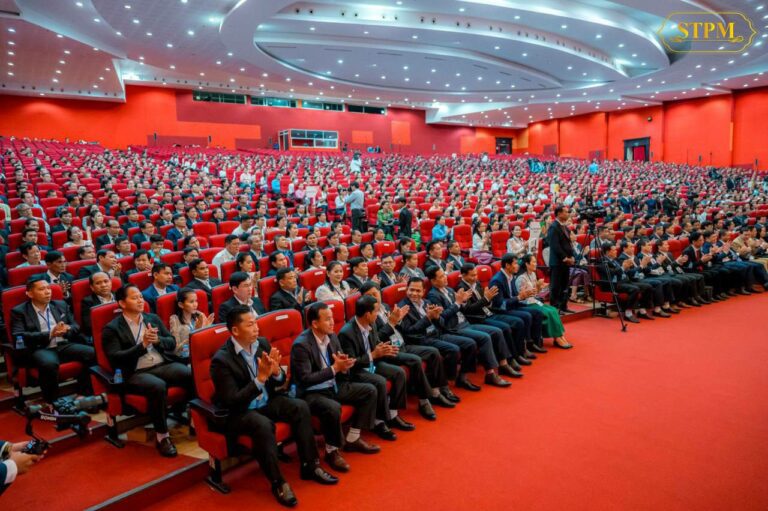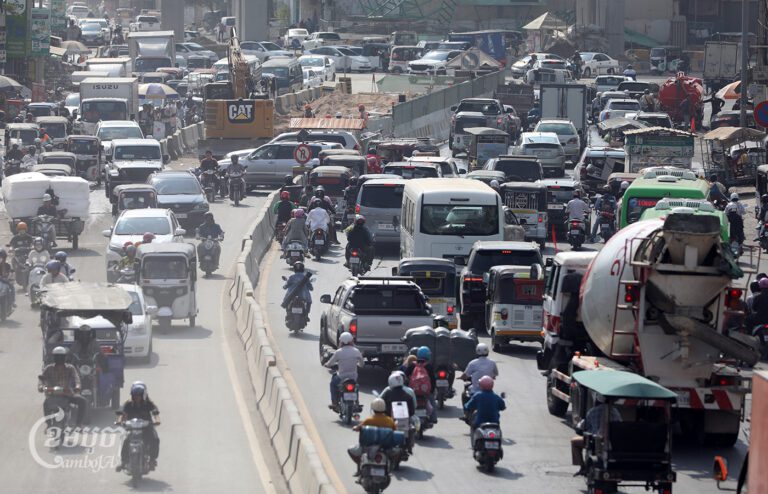The importance of inspection is to ensure good governance, justice, and national development, Minister of Inspection Huot Hak said on February 13, 2024 during the closing of the 2023 annual meeting and setting out of the 2024 work direction.
The ministry is responsible for the inspection of ministries, institutions, public units, sub-national administrations, and other legal entities, and resolving citizens’ complaints to enhance the efficiency and integrity of public administration.
However, officers face challenges due to misconceptions that inspections are only about “catching mistakes”, are an “interference” by the internal affairs unit, and are a “disruption of work” by the sub-inspection unit.
“Some sub-inspection units have taken action to avoid shortcomings before the inspection. Some conduct internal meetings in advance with the aim of concealing the facts,” he said.
“Some didn’t provide enough documents, cooperate or made excuses for the delay which sometimes led to intimidation of sub-inspectors via interrogation so that they need not cooperate, while some sought intervention from higher levels,” he shared.
In the past, the ministry has worked closely to improve governance in ministries, institutions and sub-national administrations. This is meant to strengthen efficiency, the integrity of public administration, and their obligations. They served to prevent, reduce and fight against the embezzlement of state property, corruption and inactivity.
Touching on ministry goals, Hak said they achieved some good outcomes, particularly in the change of attitude in several public officials who did not perform their duties well. He reminded them to be “very careful and responsible”.
The ministry conducts three types of inspection activities. They consist of participation in inter-ministerial joint committees, assigning inspectors to work with other ministries and institutions, and delegations to inspect and monitor implementation of laws.
In the latter inspection, the ministry found a series of shortcomings. They include the incomplete implementation of roles and responsibilities in accordance with their competencies, the use of budgets not aligned with financial principles, and the collection of non-fiscal and fiscal revenue is not yet fully possible, Hak said.
“Some ministries, institutions and units have a lot of debt owed by customers. The use of documents to pay the budget is not yet in accordance with the procedures, the provision of public service to customers remains limited, and the management of state assets is not as good as per the government’s standards,” he added.
Last month, Cambodia emerged 22 out of 100 on the Corruption Perceptions Index (CPI), down from 24 last year, placing it at the second last spot among Asean countries behind Myanmar. Cambodia was also ranked 158 out of 180 countries and territories globally, compared to its 2022 score of 150.
In addition to these tasks, the Inspection Ministry also resolves citizens’ complaints, most of which are related to land issues. These cases are recorded by the National Assembly, the Senate, the government, and the plaintiffs who filed them directly or online. On average, the ministry receives 130 complaints a year. In 2023, the ministry handled 40 cases.
Prime Minister Hun Manet, who was at the ceremony, said Hak’s ministry has helped the government improve the image of the public sector and take strict action on unethical public officials. The ministry should also take the initiative to set up an effective quality control mechanism. They should expand good relations with other ministries and institutions by explaining their work to them.
While pointing out the five approaches used to ensure good governance, “mirroring, bathing, scrubbing, treatment, and surgery”, Hun Manet said inspection work supports the first four approaches.
“Oversight and consulting work can help mirror yourself. I request all units and institutions not to consider the work of inspection as fault finding.”
He said he supported the ministry’s four priority plans, institutional capacity building, human capital building and development, drafting laws and regulations, and maintaining a harmonious environment in the ministry and on every level. However, he also noted that the ministry should also monitor its own affairs, especially human resources.
The premier also proposed a review of the inspection process to ensure that each duty does not overlap. He issued the instruction after learning that there were six to seven inspections a year on the same task, which made it difficult for the units to be inspected.
“Check and reclassify the work according to the mechanism so that it does not overlap. It must also be clear,” he said. “Because there are some overlapping mechanisms, that’s why it disturbs other ministries and institutions.”


